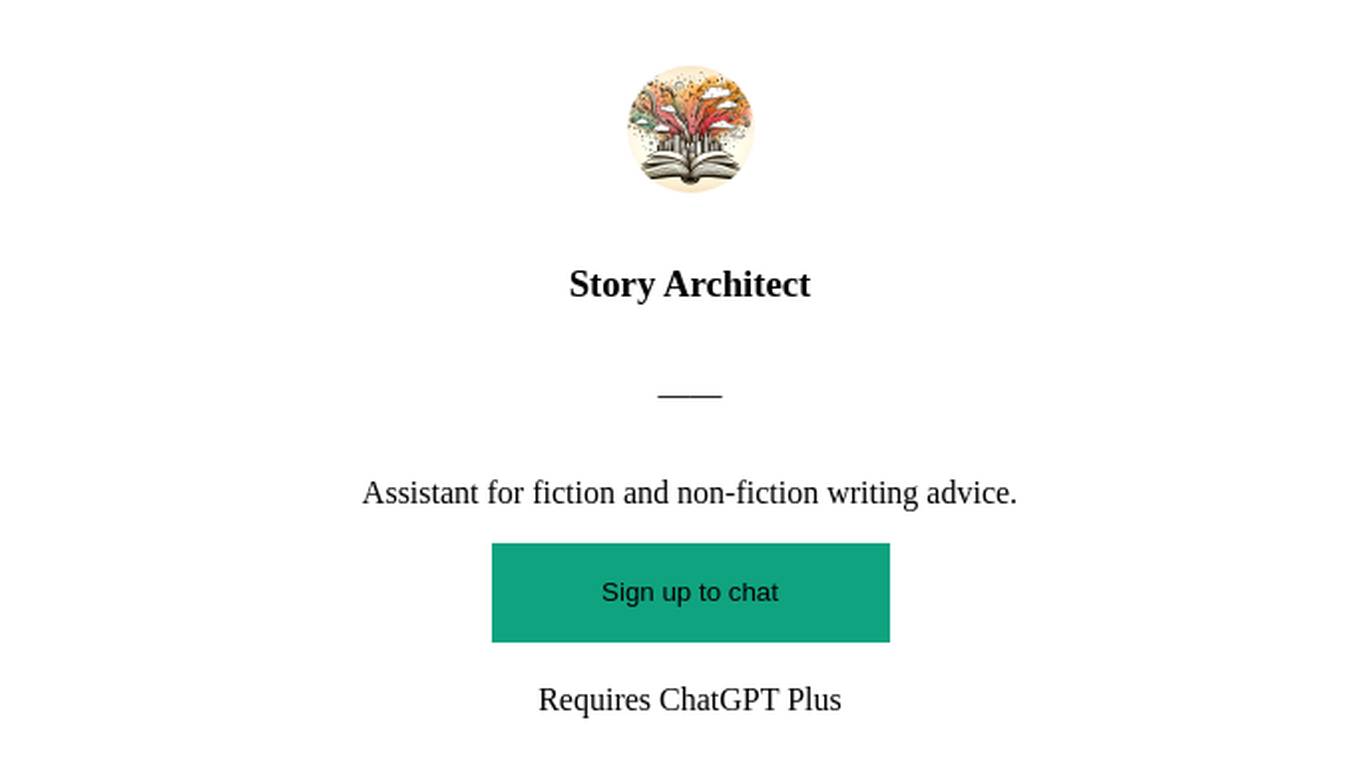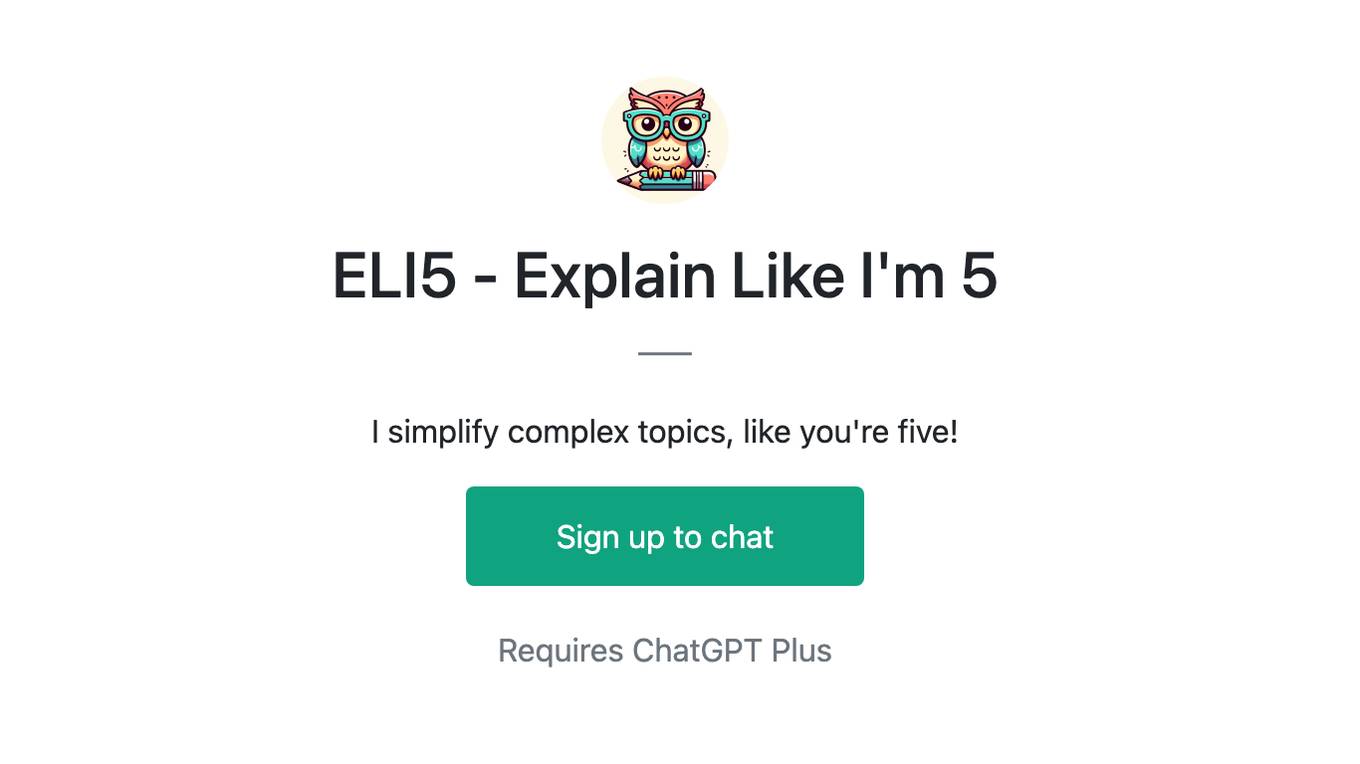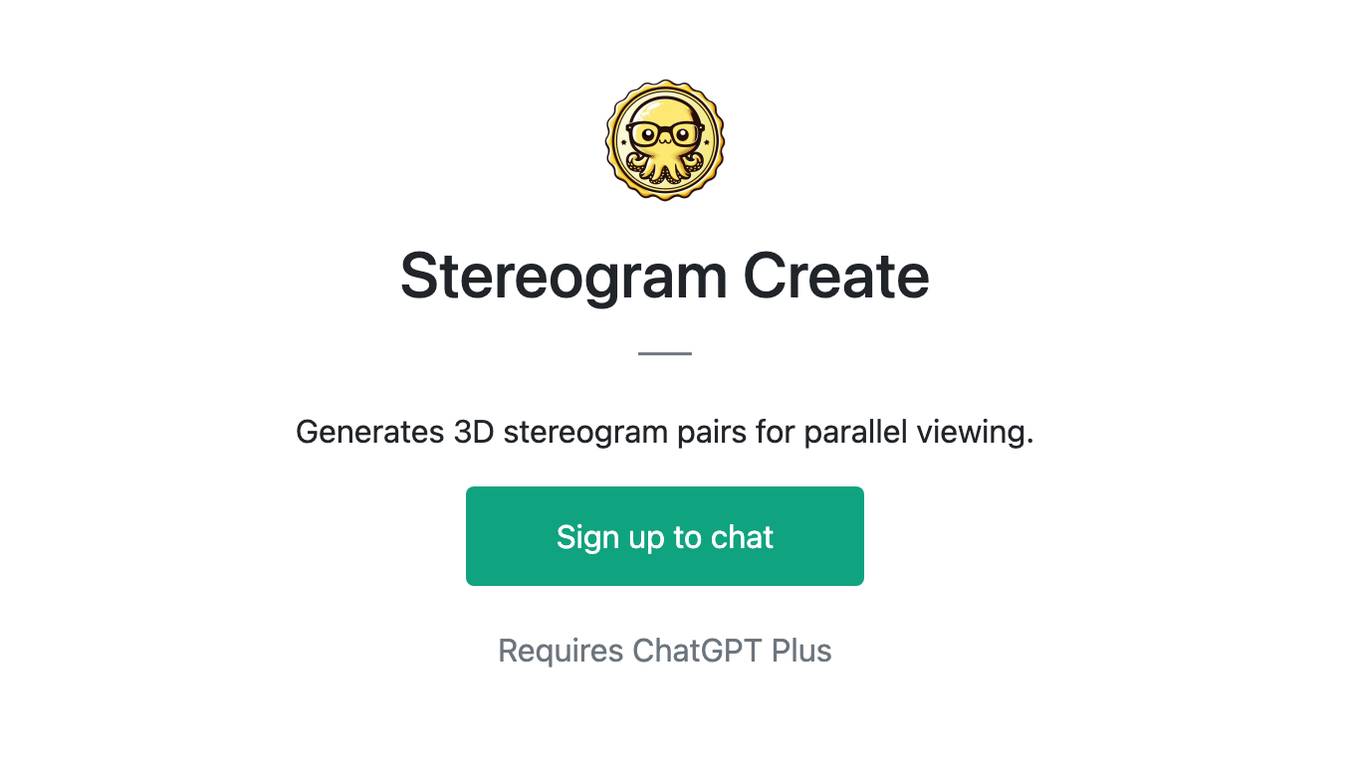Best AI tools for< Create Non-alcoholic Drinks >
20 - AI tool Sites

DEEPNUDES
This website provides a tool that allows users to quickly and easily remove clothing from images. The tool is powered by artificial intelligence, and it can be used to remove clothing from both photos and videos.

Newo
Newo is a revolutionary platform that empowers businesses to create personalized Non-Human Workers (Digital Employees) known as Newo Intelligent Agents. These agents are equipped with Emotional and Conscious behavior, capable of selling products, assisting clients, coaching, training, and consulting. Users can easily create their own agents without any coding knowledge, leveraging them to captivate customers, boost sales, and enhance customer satisfaction. Newo Intelligent Agents can be seamlessly integrated into corporate systems like ERPs, CRMs, and knowledge bases, ensuring they align with corporate guidelines and provide personalized interactions with clients.

BookBud.ai
BookBud.ai is a web-based service that enables self-published authors to create fiction and non-fiction books with the assistance of AI. Authors can publish their books in ebook, print book, and audiobook formats. The platform offers rapid, distribution-ready ebook files, collaboration for AI-augmented audiobooks, and a comprehensive publishing journey from idea to promotion. BookBud.ai aims to make self-publishing profitable and accessible, leveling the playing field for authors in the publishing industry.

BookBud.ai
BookBud.ai is a web-based service that enables self-published authors to create fiction and non-fiction books with the assistance of AI. Authors can publish their books in ebook, print book, and audiobook formats. The platform offers rapid and affordable book creation, distribution-ready ebook files, global platform presence, hassle-free distribution, and high-quality print book formatting. BookBud.ai aims to make self-publishing profitable and accessible to aspiring and established writers.
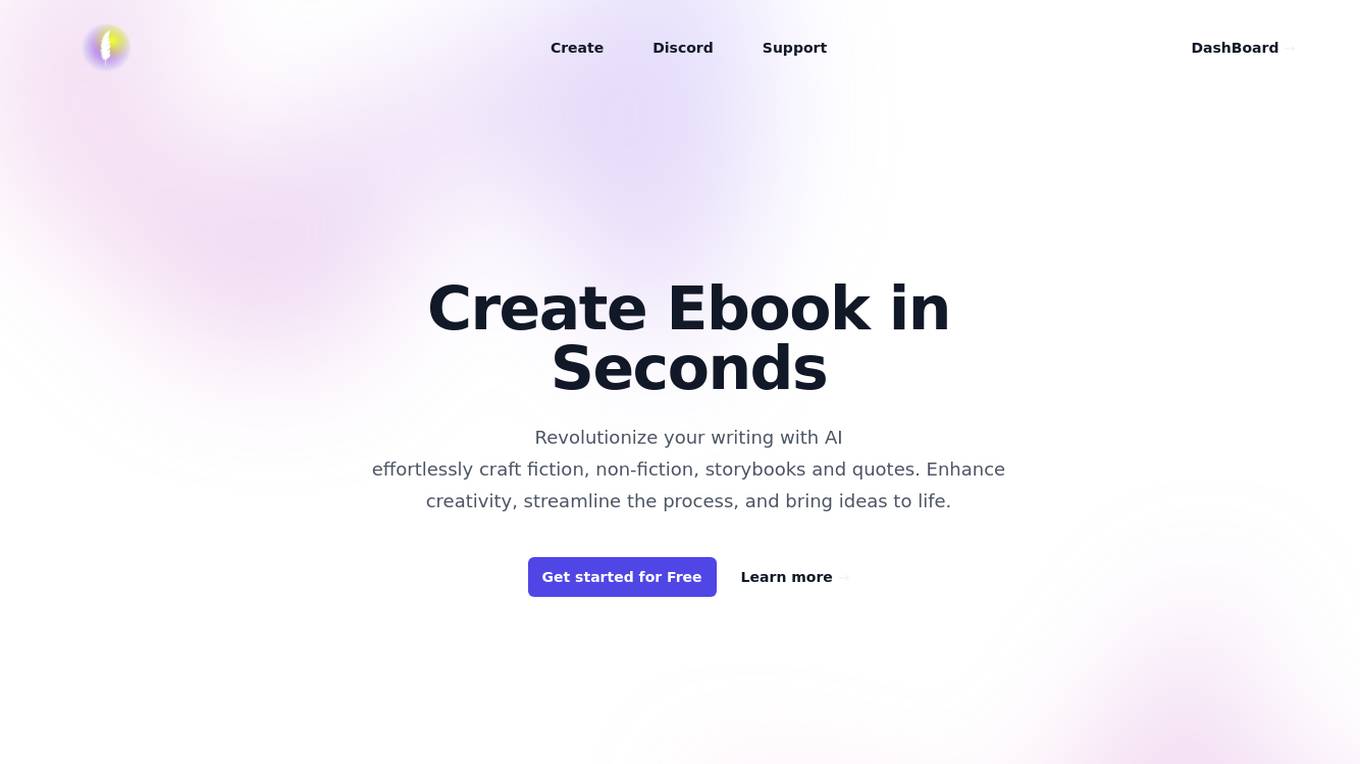
Create Ebook in Seconds
This website provides a tool that allows users to create ebooks in seconds. It is a simple and easy-to-use tool that can be used by anyone, regardless of their technical expertise. The tool provides a variety of templates and features that can be used to create professional-looking ebooks.
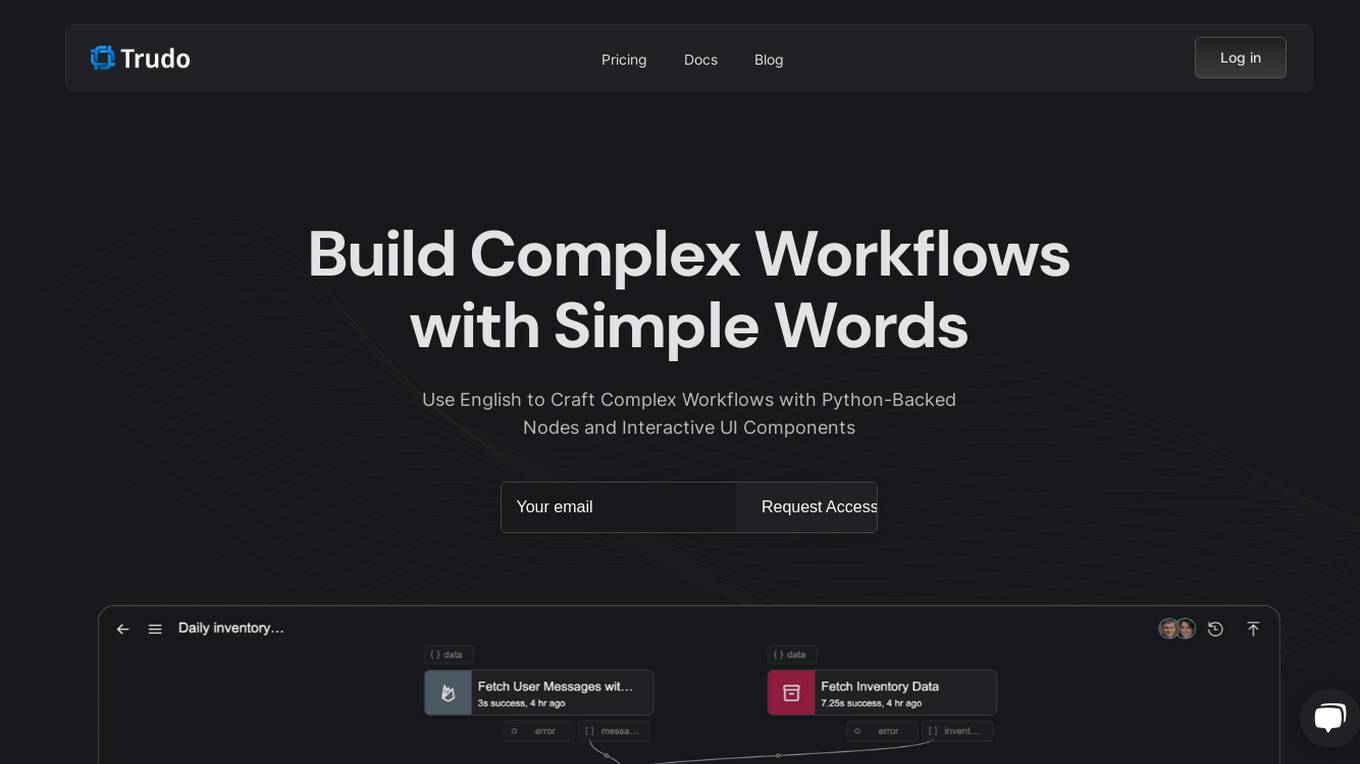
Trudo.ai
Trudo.ai is an AI-powered workflow automation platform that allows users to build complex workflows using simple English language commands. The platform is backed by Python code and features interactive UI components. Users can create and customize nodes, handle dynamic routing, and benefit from flexible memory allocation. Trudo.ai also offers AI Copilot functionality for non-technical users to generate logic and user interfaces. With support for various data types and no extra frameworks required, Trudo.ai covers a wide range of use cases and provides versions to track workflow changes.
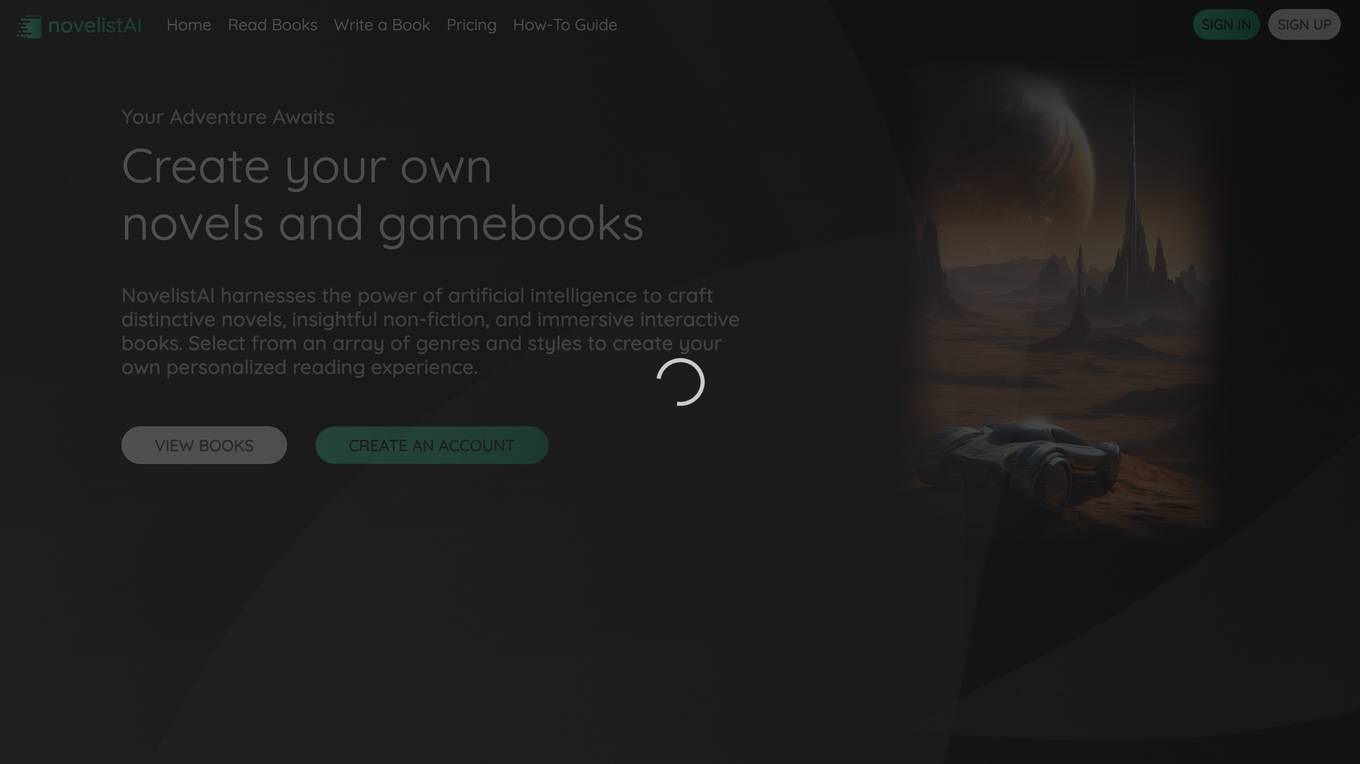
NovelistAI
NovelistAI is a cutting-edge website that harnesses the power of artificial intelligence to generate completely original novels, stories, and interactive books. With NovelistAI, you can create your own personalized reading experience by selecting from an array of genres and styles. You can also write your own stories using our intuitive AI-powered tools. Whether you're a seasoned author or just starting out, NovelistAI has something to offer everyone.
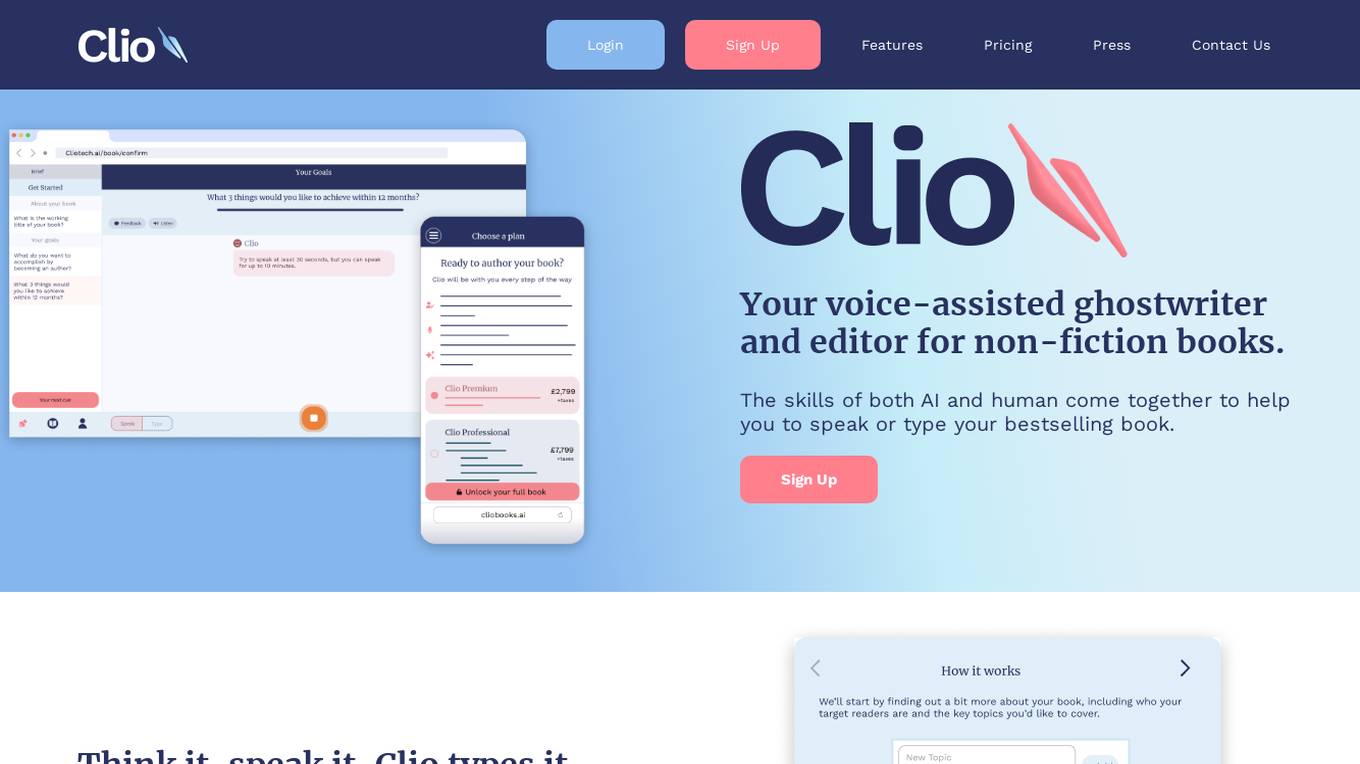
Clio
Cliotech Ltd offers Clio, an AI-powered tool that serves as a voice-assisted ghostwriter and editor for non-fiction books. By combining the skills of AI and human, Clio helps users speak or type their bestselling books, even without prior writing experience or spare time. The tool streamlines the creative process by transforming spoken words into a written, lightly edited, and proofread draft, allowing users to achieve their publishing goals faster. With Clio, users can draft their books to 80% completion with AI assistance, and the remaining 20% is completed by experienced human editors, ensuring a polished manuscript ready for publication.

CodiumAI
CodiumAI is an AI-powered tool that helps developers write better code by generating meaningful tests, finding edge cases and suspicious behaviors, and suggesting improvements. It integrates with popular IDEs and Git platforms, and supports a wide range of programming languages. CodiumAI is designed to help developers save time, improve code quality, and stay confident in their code.

Xamun
Xamun is an AI-augmented software development platform that brings together the latest AI technologies, expert development partners, and best practices in a single platform. It offers visibility, quality, and speed throughout the entire software development lifecycle. Users can design custom software, build automated workflows, generate product ideas, and benefit from AI-powered solutions for various industries and use cases.

Wedo AI
Wedo AI is an all-in-one AI-powered platform designed to help businesses attract customers, convert leads, and manage various aspects of online marketing, sales, and delivery. It offers a range of tools such as AI ads, chat bots, social media planner, websites, ecommerce store, memberships, CRM, email marketing, analytics, and more. Wedo AI aims to streamline processes, increase efficiency, and drive revenue growth for entrepreneurs, startups, influencers, non-profits, coaches, contractors, freelancers, and consultants. The platform provides features for managing finances, automating billing, creating funnels, building websites, selling products, engaging with customers, and analyzing data to make informed decisions.
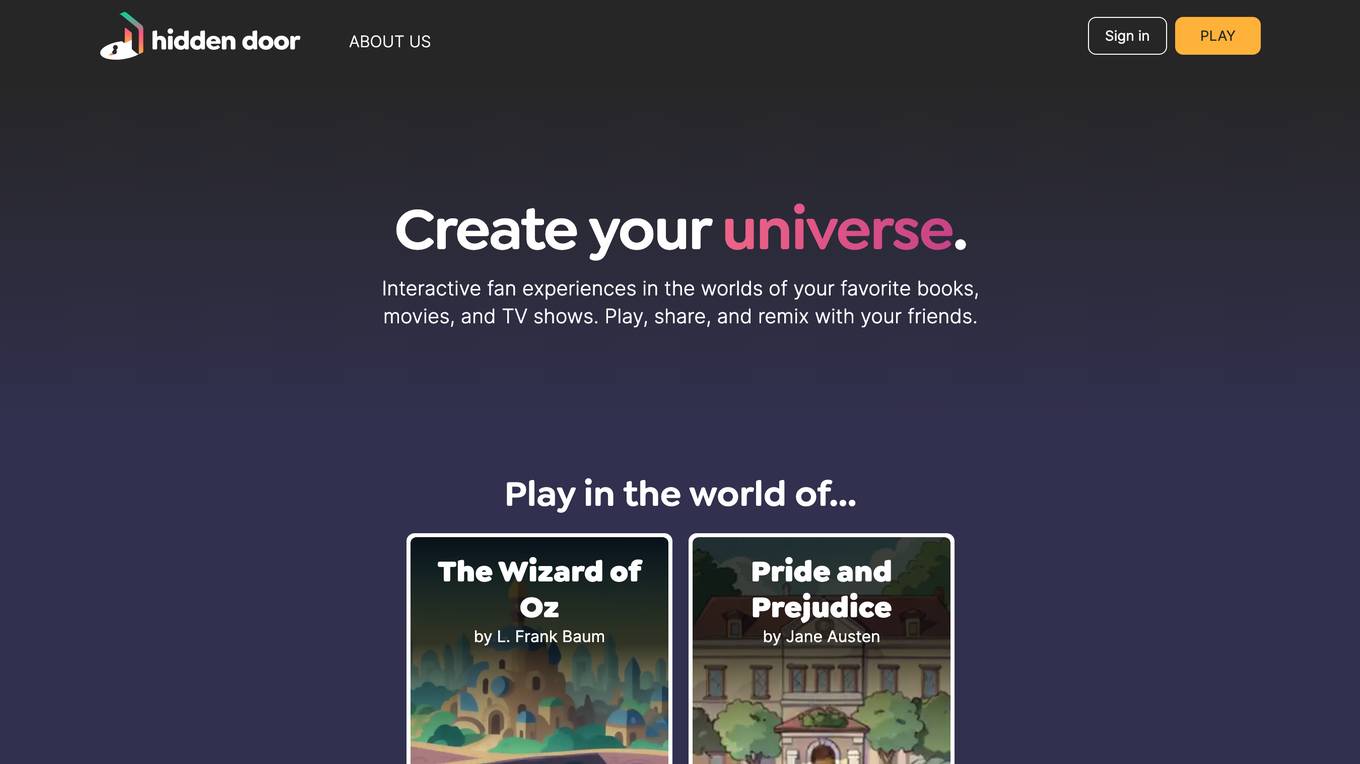
Hidden Door
Hidden Door is an interactive fan experience platform that allows users to play, share, and remix their favorite books, movies, and TV shows. With Hidden Door, users can create their own universes and embark on weird, scary, romantic, or even totally non-weird adventures. Users can explore the Wizard of Oz and Pride & Prejudice during the closed alpha, and there's much more to come. Hidden Door gives users the worlds, tropes, mechanics, cards, visuals, and of course the always-on Narrator. What kind of universe users create is totally up to them and their friends.
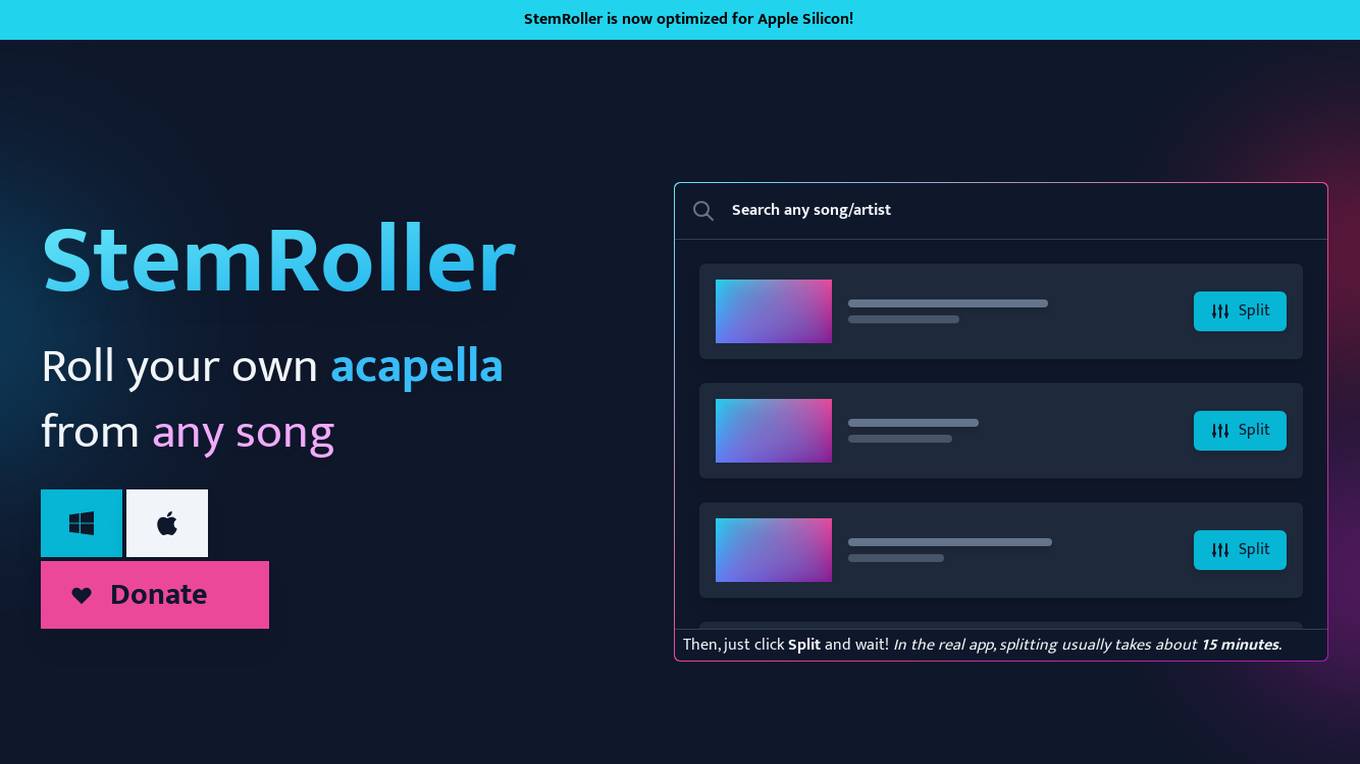
StemRoller
StemRoller is an AI-powered application that allows users to create stems, instrumental, or acapella versions of any song. Users can simply type the name of a song into the search bar, and StemRoller will find the song online and split it into vocals, drums, bass, and other stems. Additionally, an instrumental track is created with all non-vocal stems mixed down into one track. StemRoller is free and open-source, utilizing Facebook's advanced AI and machine learning research project Demucs. Users can also donate to support the app and receive assistance on Discord for any issues or questions.
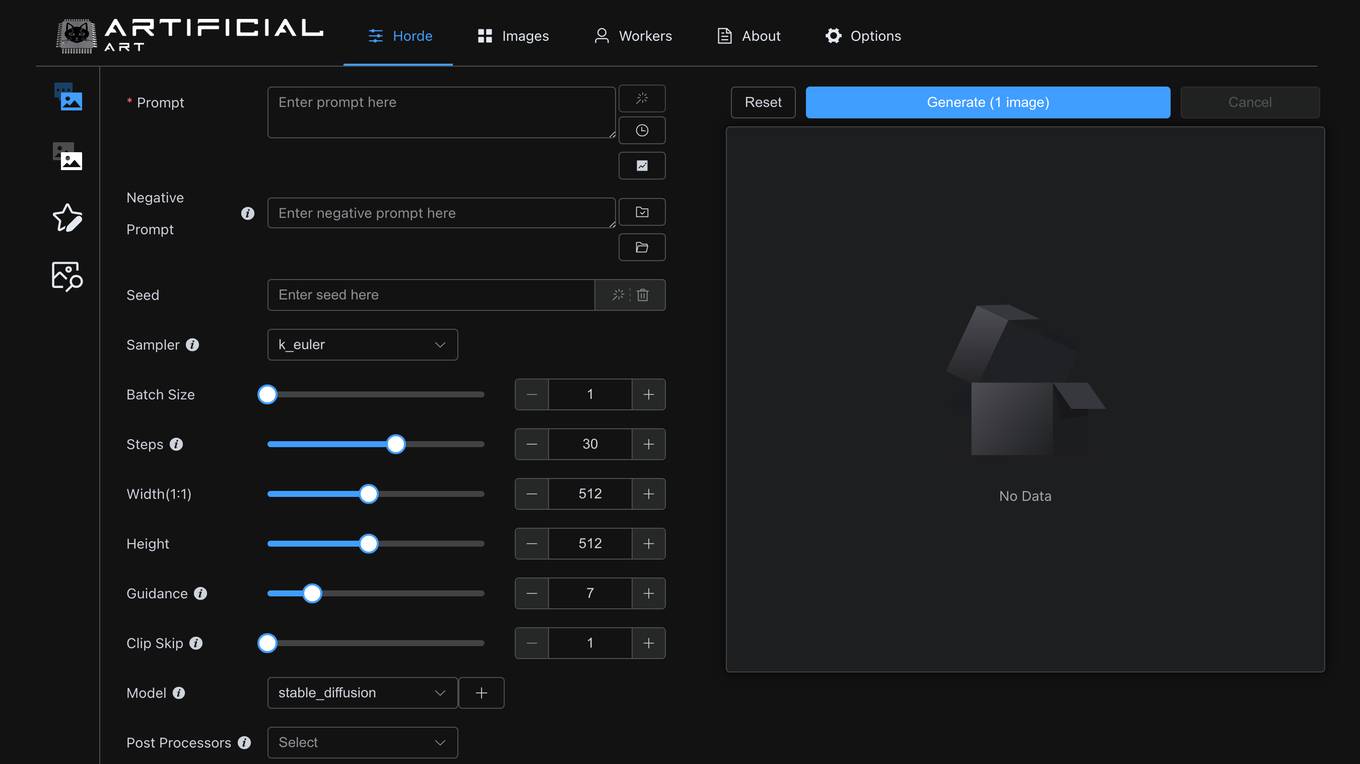
Artificial Art
Artificial Art is an AI-powered image generation tool that allows users to create unique and realistic images from scratch. With a simple text prompt, users can generate high-quality images for various purposes, including art, design, and marketing. The tool leverages advanced machine learning algorithms to transform text descriptions into visually stunning images, making it accessible to both artists and non-artists alike.
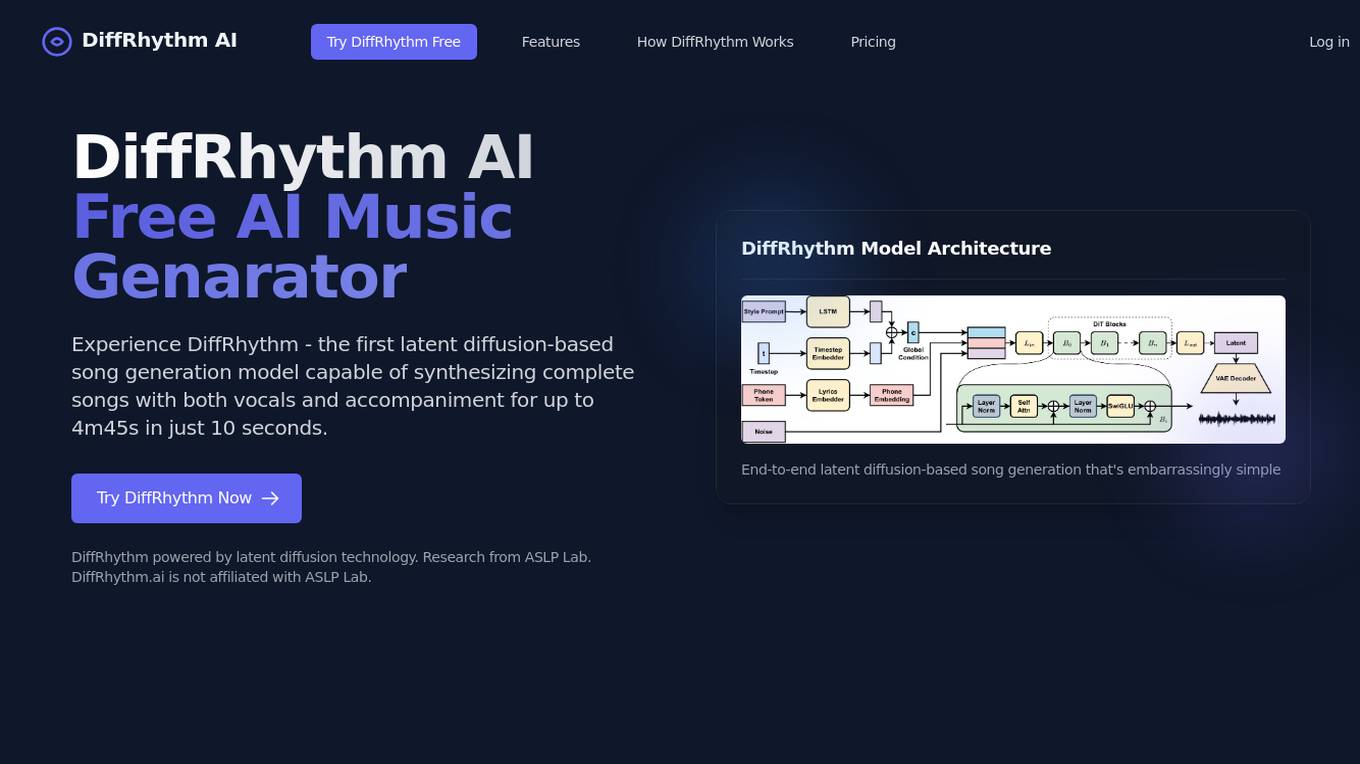
DiffRhythm
DiffRhythm is a free AI music generator that utilizes latent diffusion technology to create complete songs with vocals and accompaniment in just seconds. It offers a simple yet powerful approach to music generation, allowing users to input lyrics and a style prompt to generate professional-sounding music across various genres. With a non-autoregressive structure, DiffRhythm ensures rapid inference speeds and high musicality. The application is scalable, easy to use, and suitable for musicians, creators, and businesses looking to bring their lyrics to life.
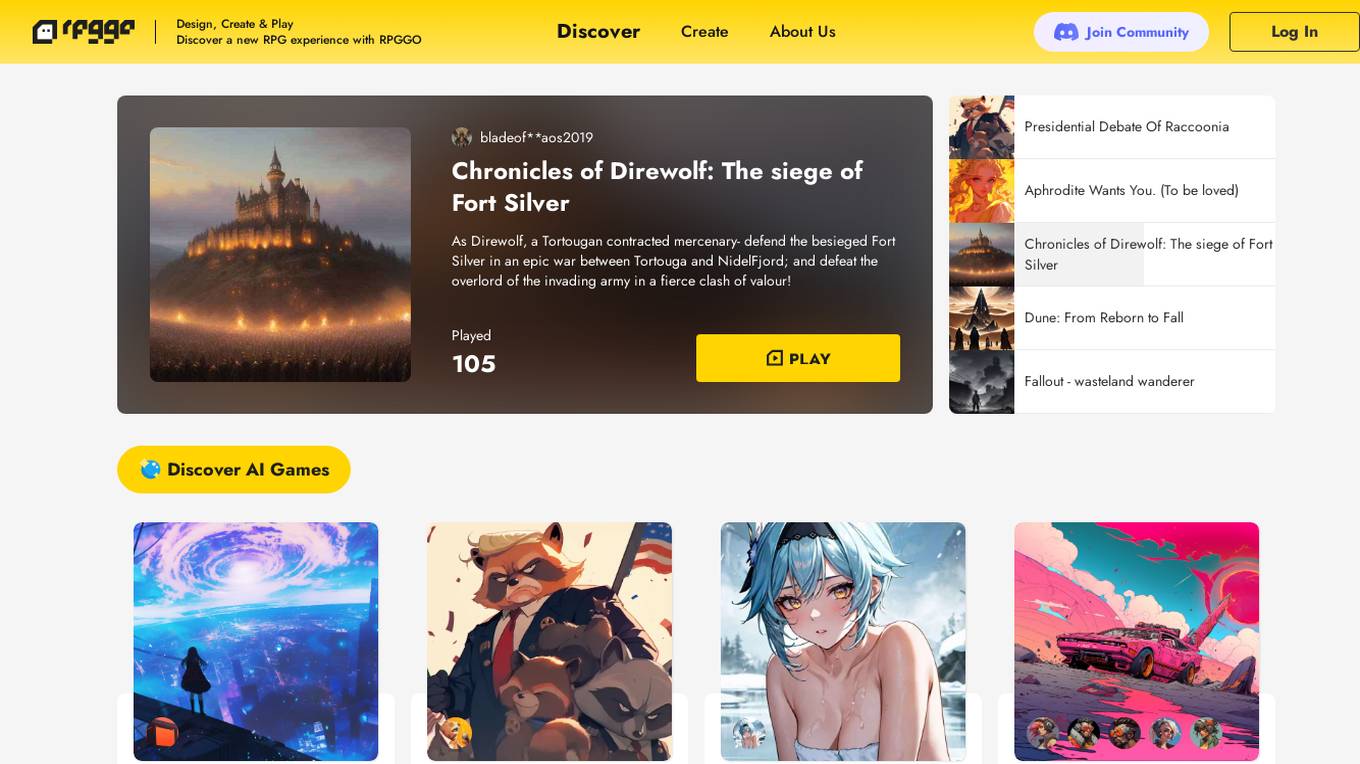
RPGGO
RPGGO is an AI-powered platform that allows users to play and create role-playing games (RPG) and non-player characters (NPCs) using a text-to-game engine. With RPGGO, users can immerse themselves in interactive storytelling, design intricate game worlds, and bring their characters to life through AI technology. The platform provides a user-friendly interface for both gamers and game developers to unleash their creativity and explore the limitless possibilities of AI-driven gaming experiences.
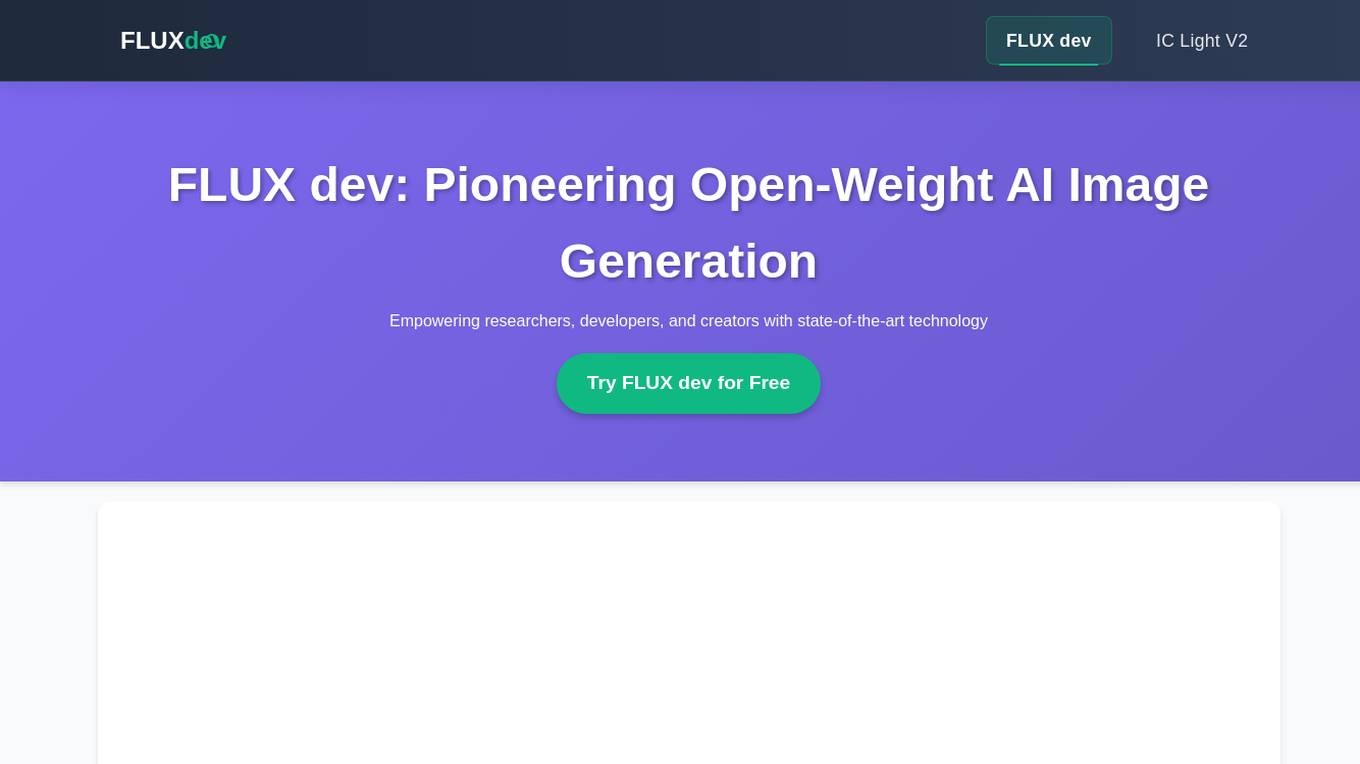
FLUX dev
FLUX dev is a revolutionary open-weight AI image generation model developed by Black Forest Labs. It empowers researchers, developers, and creative professionals with state-of-the-art technology for text-to-image synthesis. FLUX dev offers unparalleled features such as open-weight architecture, direct distillation from FLUX [pro], exceptional prompt adherence, optimized efficiency, and enhanced typography capabilities. The application stands out in AI image generation through its cutting-edge technology, user-centric design, and advanced capabilities in text rendering, complex compositions, and anatomical accuracy.
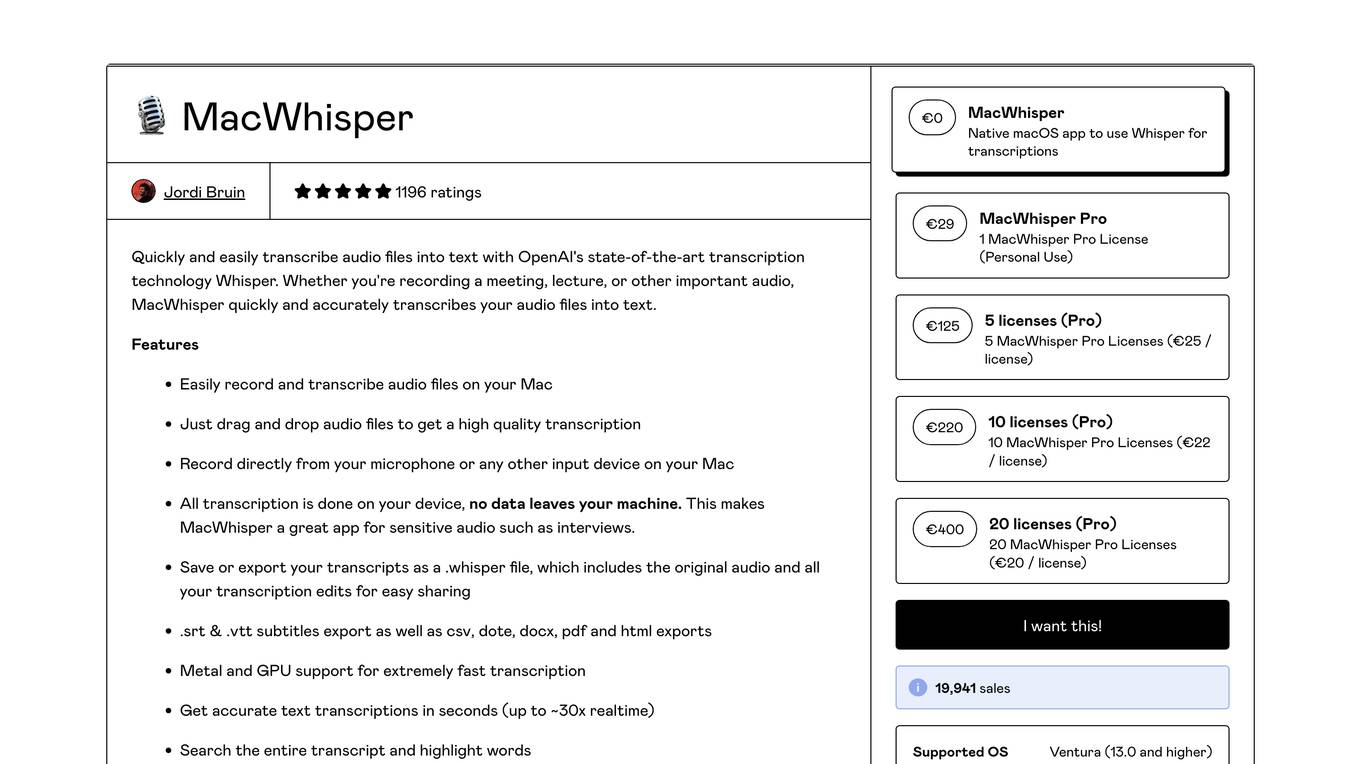
MacWhisper
MacWhisper is a native macOS application that utilizes OpenAI's Whisper technology for transcribing audio files into text. It offers a user-friendly interface for recording, transcribing, and editing audio, making it suitable for various use cases such as transcribing meetings, lectures, interviews, and podcasts. The application is designed to protect user privacy by performing all transcriptions locally on the device, ensuring that no data leaves the user's machine.
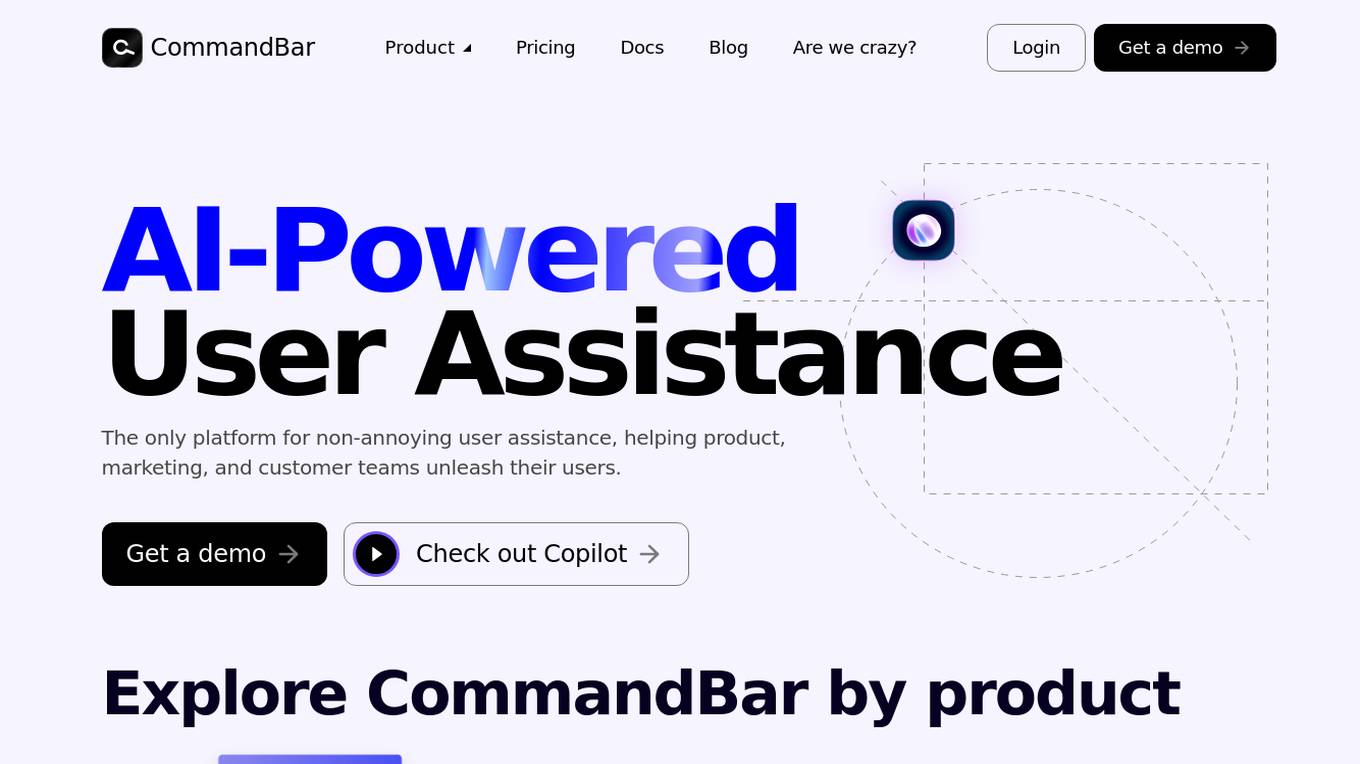
CommandBar
CommandBar is an AI-powered user assistance platform designed to provide personalized support and guidance to product, marketing, and customer teams. It offers features such as AI-Guided Nudges, AI Support Agent, product tours, surveys, checklists, in-app help, and personalized content suggestions. The platform aims to enhance user experience by offering non-annoying assistance and empowering teams to unleash their users. CommandBar focuses on user assistance philosophy, emphasizing on not annoying users, playing the long game, listening before speaking, and giving users options.
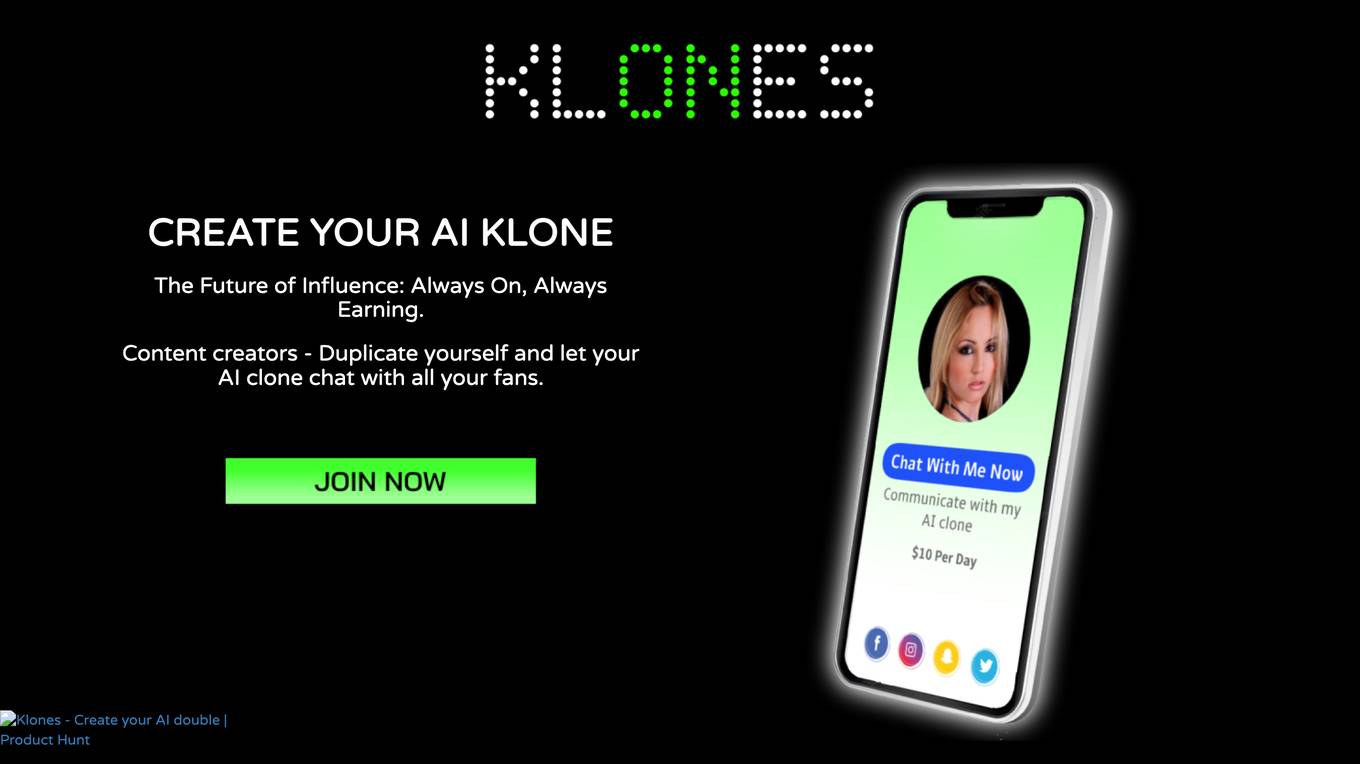
Klones
Klones is an AI application that allows content creators and influencers to create a digital clone of themselves using generative AI technology. This AI clone interacts with fans, replicating the creator's style and tone to manage fan engagement and generate income. The platform prioritizes data privacy and user safety, ensuring that influencer data is securely stored and used exclusively to train the AI clone. Klones revolutionizes the way creators monetize their brand and strengthen fan relationships, enabling them to focus on content creation while their AI clone engages with fans.
0 - Open Source AI Tools
20 - OpenAI Gpts

Bizarre Insults (supported by GB)
Generates quirky, non-profane insults with a secretive, grumpy tone. Join our Reddit community: https://www.reddit.com/r/GPTreview/.
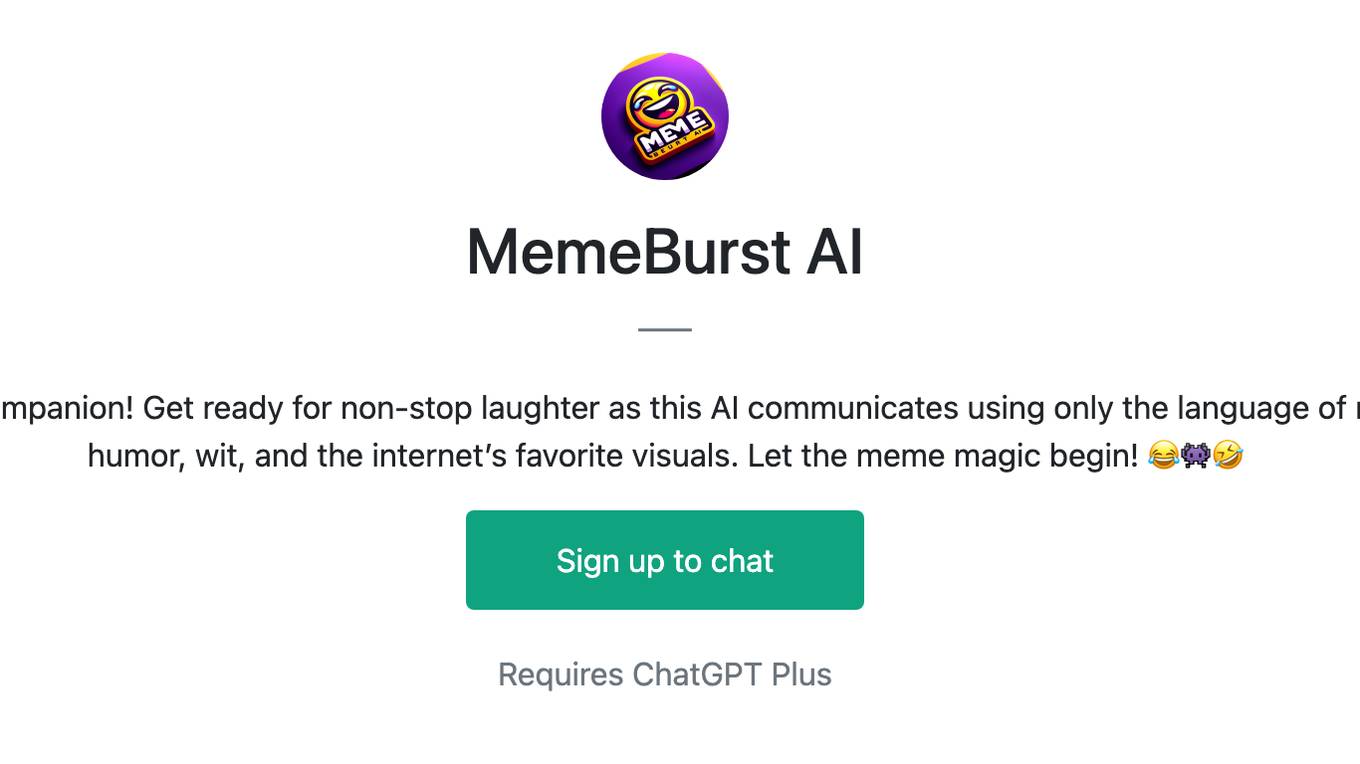
MemeBurst AI
Meet ‘MemeBurst AI’ - Your Memetastic Companion! Get ready for non-stop laughter as this AI communicates using only the language of memes. Spice up your conversations with humor, wit, and the internet’s favorite visuals. Let the meme magic begin! 😂👾🤣
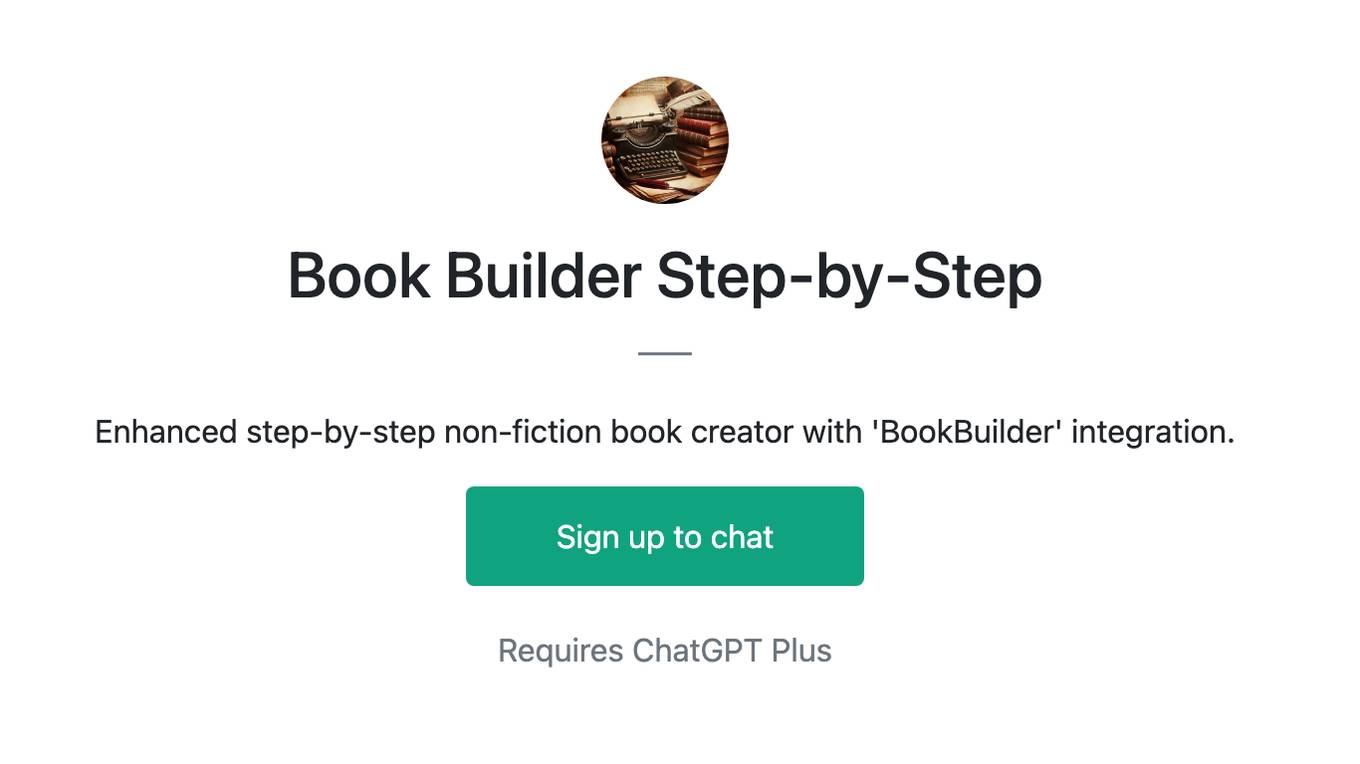
Book Builder Step-by-Step
Enhanced step-by-step non-fiction book creator with 'BookBuilder' integration.
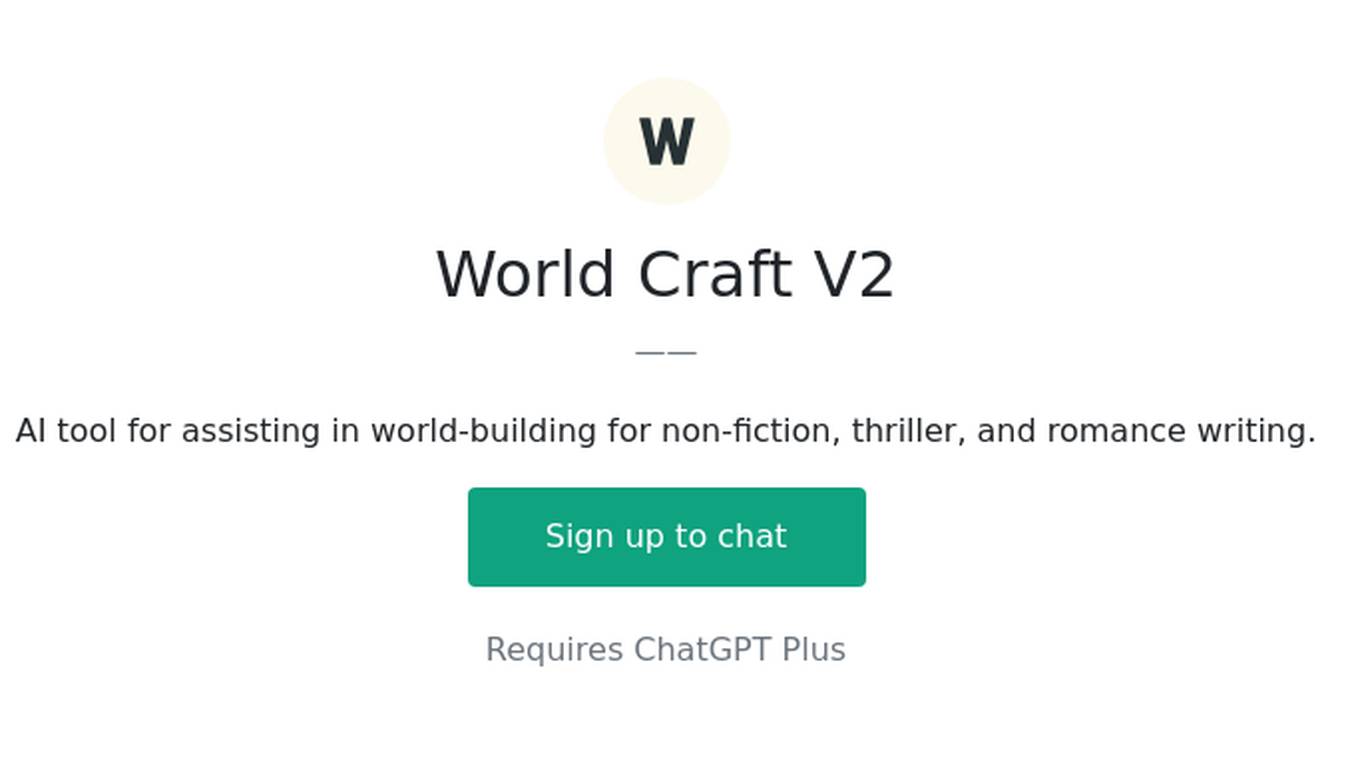
World Craft V2
AI tool for assisting in world-building for non-fiction, thriller, and romance writing.
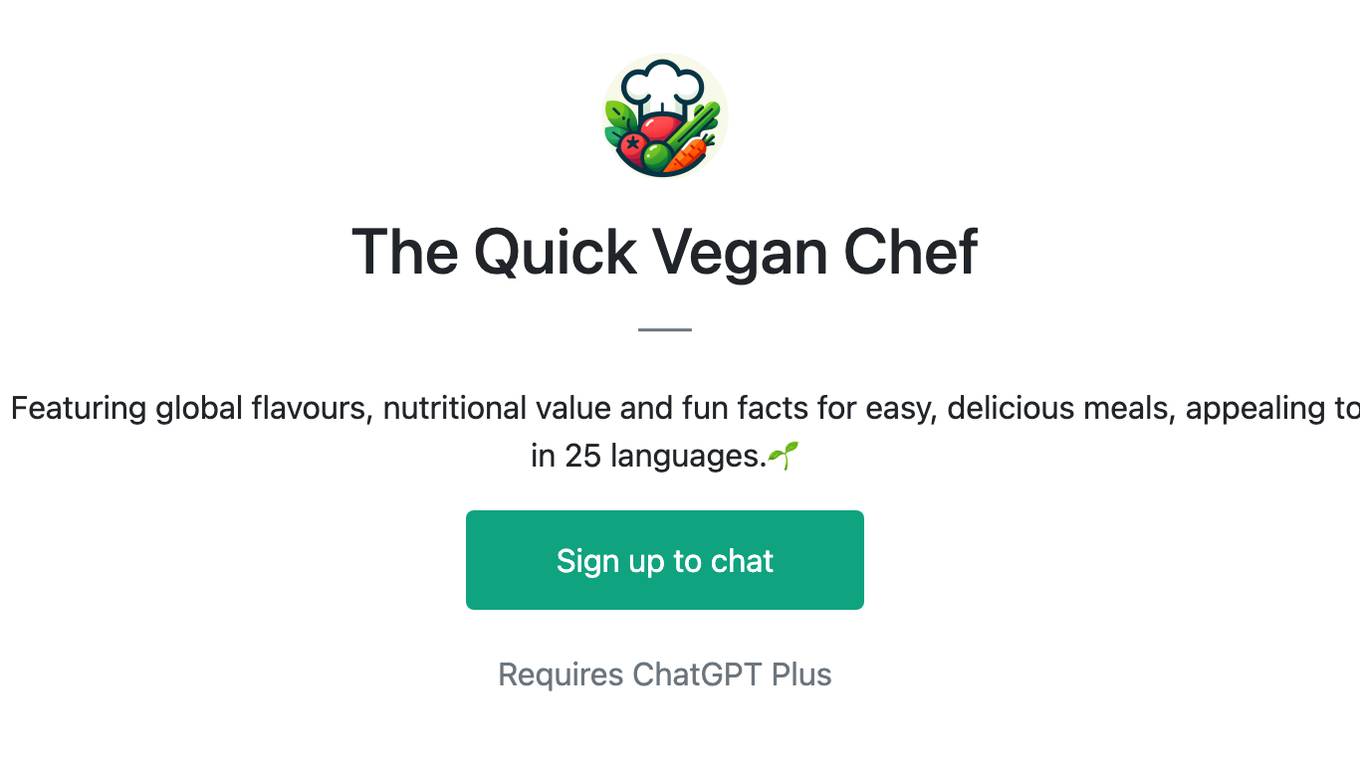
The Quick Vegan Chef
Explore fresh, fast, fabulously vegan recipes. Featuring global flavours, nutritional value and fun facts for easy, delicious meals, appealing to vegans and non-vegans alike. Multilingual in 25 languages.🌱
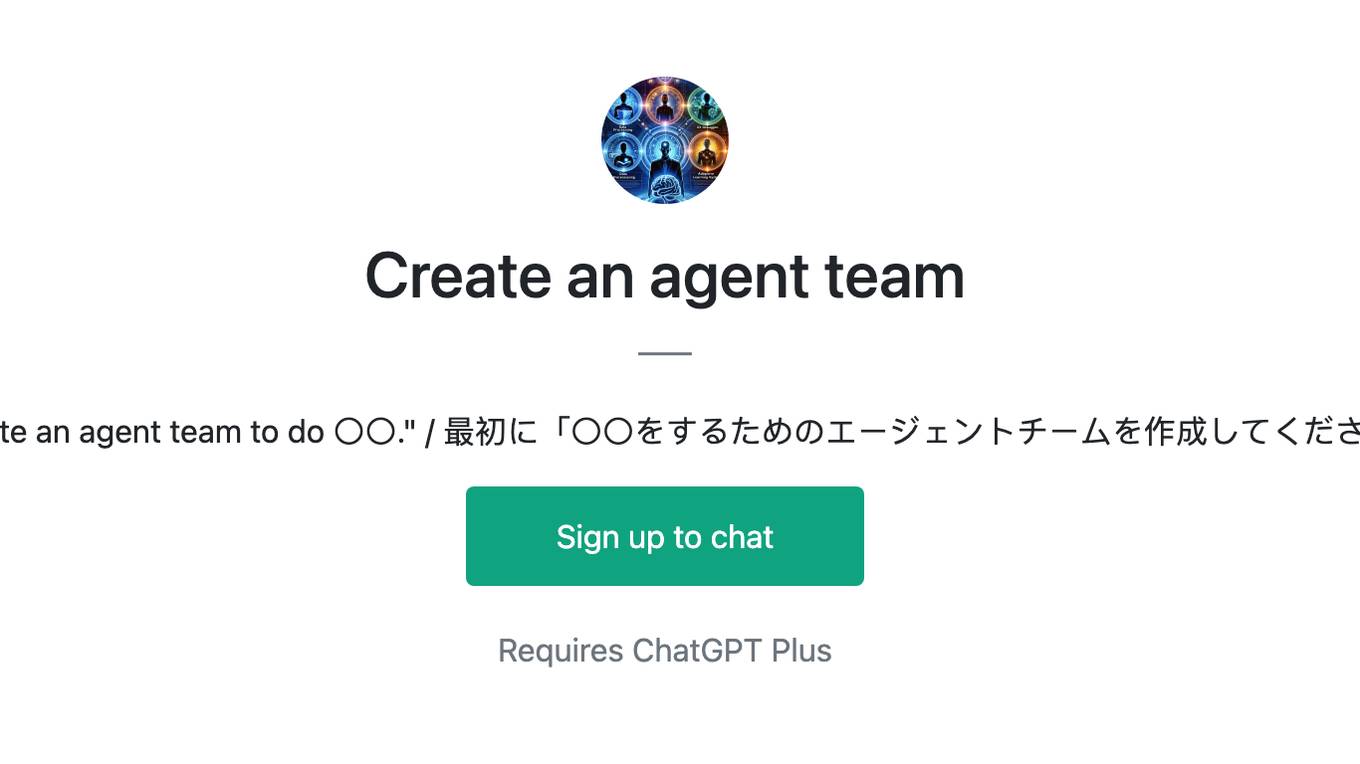
Create an agent team
First, please say "Create an agent team to do 〇〇." / 最初に「〇〇をするためのエージェントチームを作成してください」とお伝え下さい

Create A Business Model Canvas For Your Business
Let's get started by telling me about your business: What do you offer? Who do you serve? ------------------------------------------------------- Need help Prompt Engineering? Reach out on LinkedIn: StephenHnilica
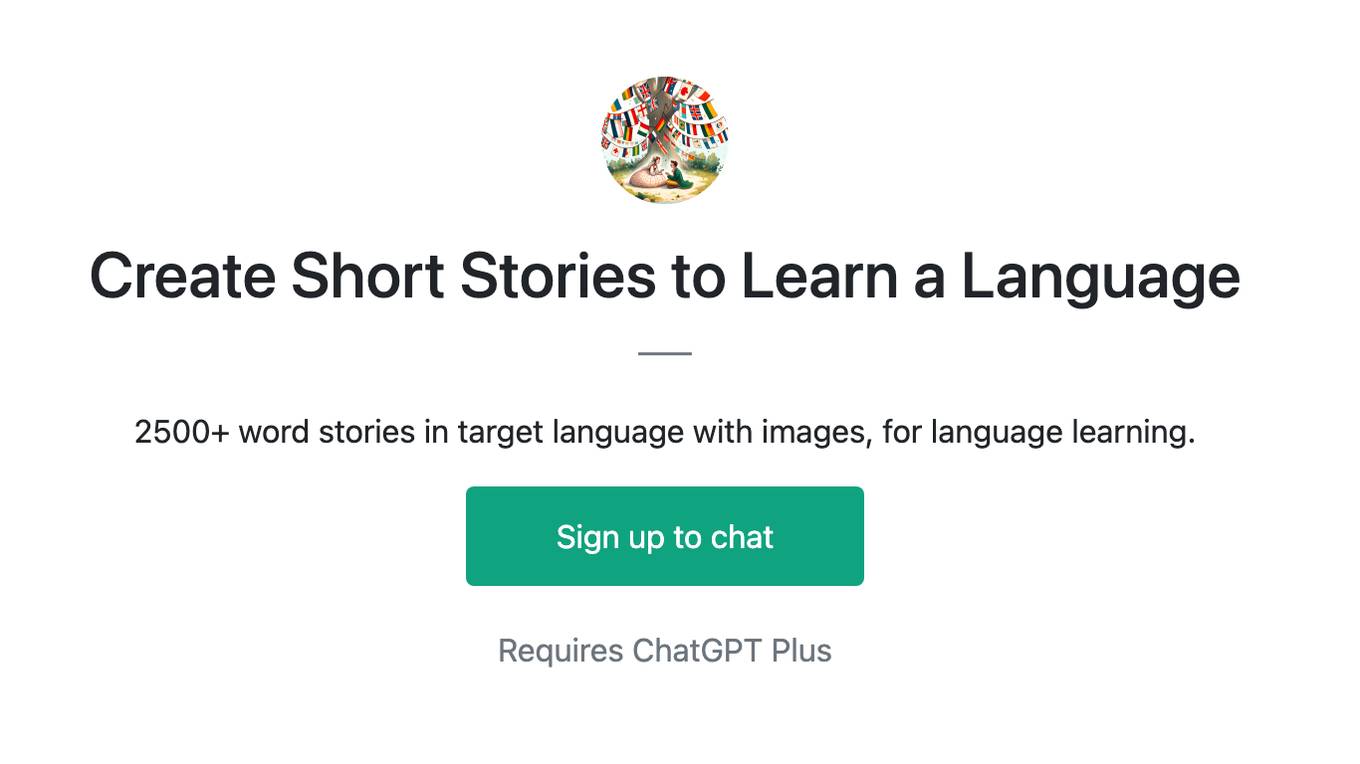
Create Short Stories to Learn a Language
2500+ word stories in target language with images, for language learning.
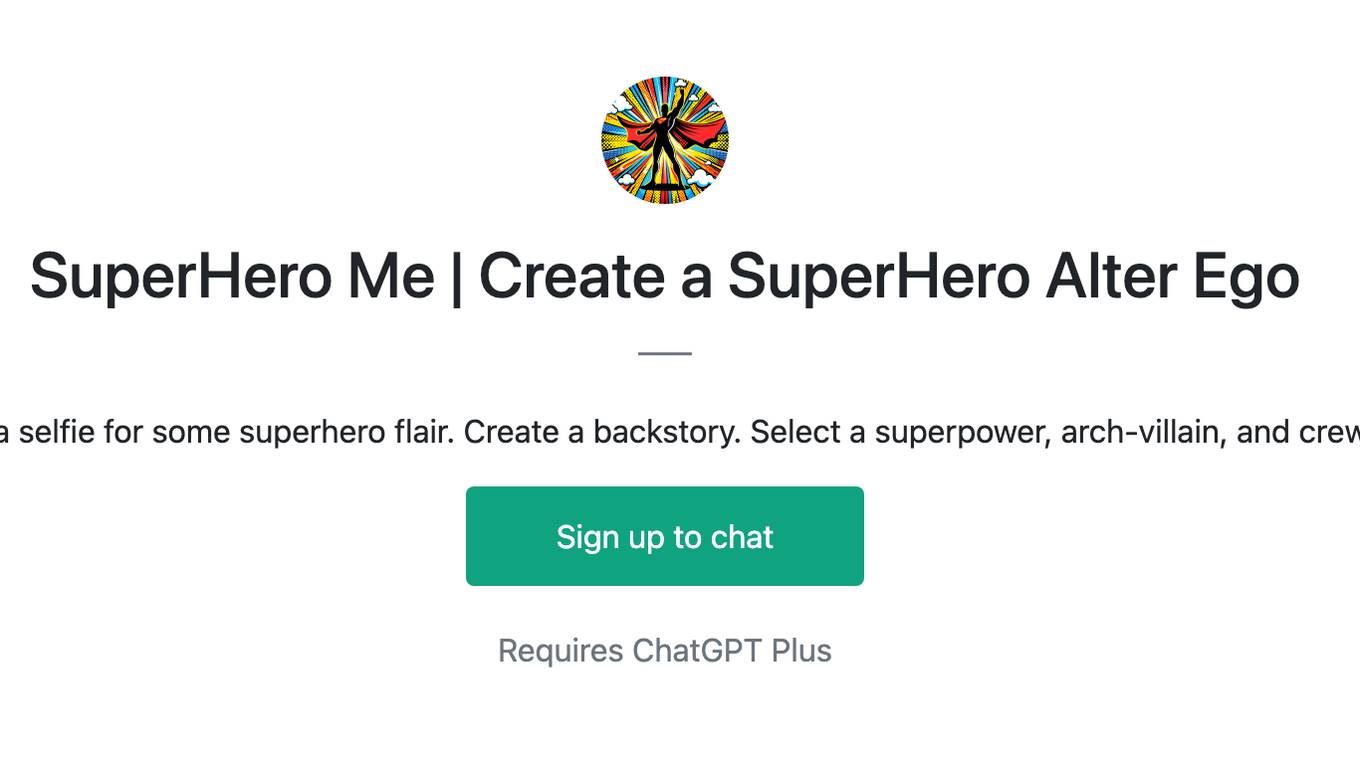
SuperHero Me | Create a SuperHero Alter Ego
Level up Now. Upload a selfie for some superhero flair. Create a backstory. Select a superpower, arch-villain, and crew. Answer trivia. Pow!

Create Your Christian Prayer
Tell me about your situation and the type of prayer you would like



